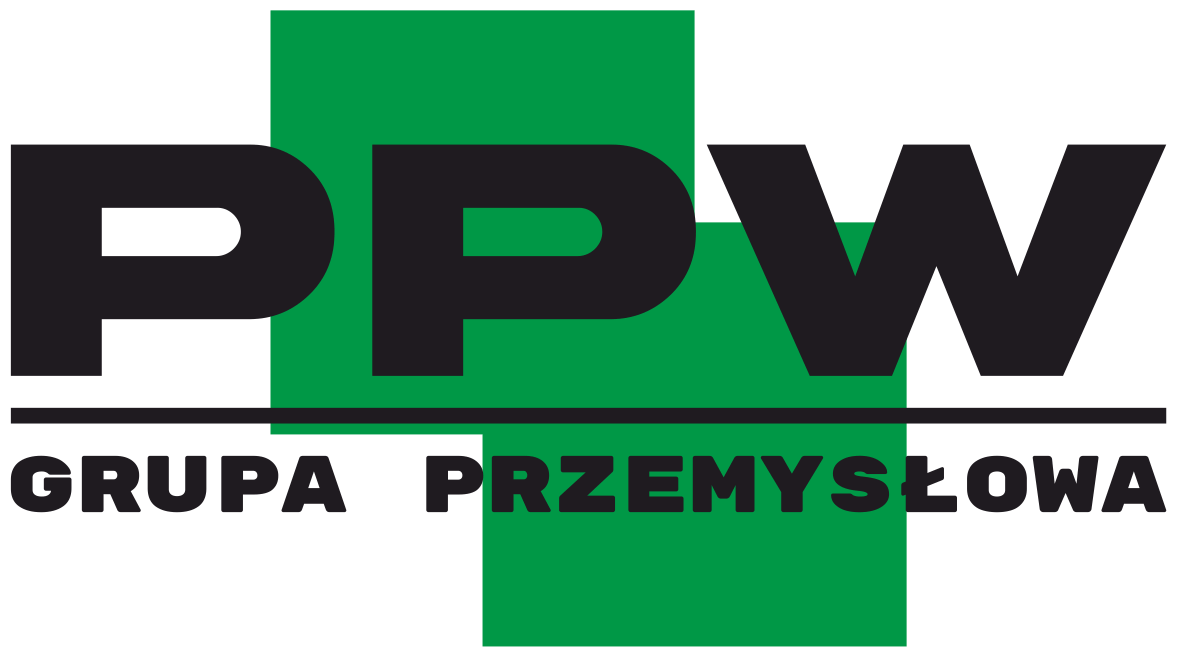Refractory mortar
Главная страница » Portfolio » Unshaped refractory materials » Refractory mortar
Refractory Mortar — High-Temperature Bonding for Brick and Lining Systems
Refractory mortar is a specially formulated material used to bond firebricks and other refractory shapes in high-temperature industrial applications. It provides strong adhesion, chemical stability, and thermal resistance, ensuring the structural integrity of refractory linings under extreme conditions.
What Is Refractory Mortar?
Refractory mortar is a fine-grained, heat-resistant paste made from fireclay, alumina, silica, and chemical binders. It can withstand temperatures of up to 1700–1800°C, depending on its composition. After application and curing, it forms a durable joint that resists heat, slag, and thermal shock.
Key Advantages:
- High-temperature resistance — maintains strength at extreme heat;
- Strong bonding — ensures reliable brickwork stability;
- Easy to apply — by trowel or squeeze joint method;
- Resistant to corrosion — protects against slag, alkalis, and acids;
- Available in air-setting and heat-setting grades.
Applications:
- Firebrick and insulating brick linings
Furnace walls and arches; - Pizza ovens, fireplaces, and chimneys
Kilns and incinerators; - Petrochemical, cement, and steel industry linings;
Types of Refractory Mortars:
- Air-setting mortars — set at ambient temperature; ready for heat after curing;
- Heat-setting mortars — require heat to develop full strength;
- Alumina-based mortars — for high-duty applications;
- Silica-based mortars — for coke ovens and acid-resistant applications;
- Phosphate-bonded mortars — chemical-set types for high-performance needs.
